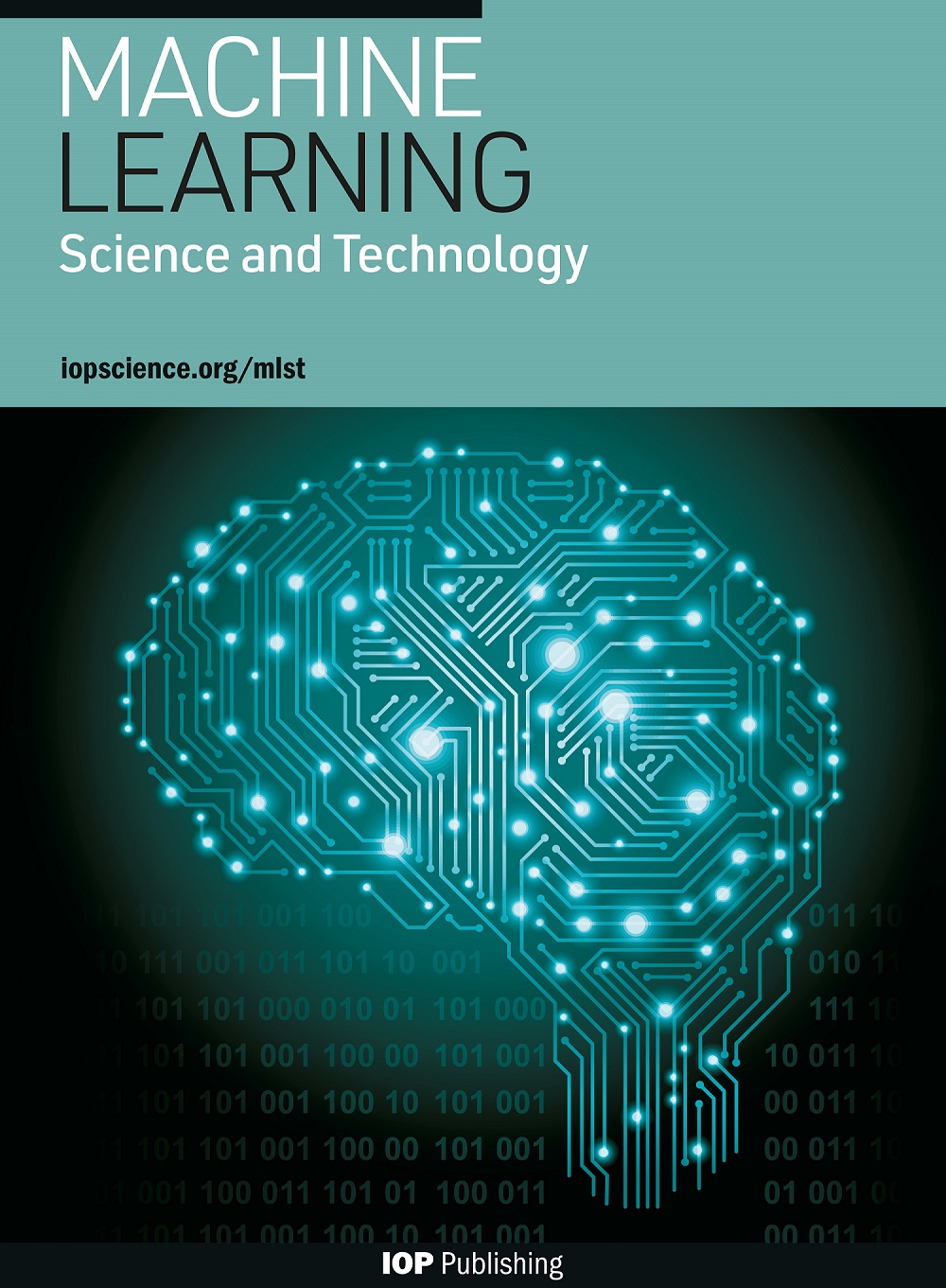通过一致性正则化提高模型对权重噪声的鲁棒性
IF 4.6
2区 物理与天体物理
Q1 COMPUTER SCIENCE, ARTIFICIAL INTELLIGENCE
引用次数: 0
摘要
作为一种新兴的计算架构,内存计算(CIM)在人工智能应用的能效和计算能力方面展现出巨大的潜力。然而,CIM 设备的内在非理想性,表现为对神经网络权重的随机干扰,可能会严重影响推理的准确性。在本文中,我们提出了一种新型训练算法,旨在减轻权重噪声的影响。该算法战略性地将交叉熵损失降至最低,同时完善中间层的特征表征,以模拟理想的无噪声网络。这种双目标方法不仅能保持神经网络的准确性,还能增强其抗噪能力。多个基准数据集的经验验证证实,我们的算法为支持 CIM 的神经网络应用设定了新的精度基准。与最常用的前向噪声训练方法相比,我们的方法在使用 CIFAR-10 数据集和 0.2 权重噪声标度的 ResNet32 模型上提高了约 2% 的准确率,并在使用相同噪声量化条件的 ImageNet 数据集的 ResNet18 模型上实现了最低 1% 的性能提升。本文章由计算机程序翻译,如有差异,请以英文原文为准。
Improving model robustness to weight noise via consistency regularization
As an emerging computing architecture, the computing-in-memory (CIM) exhibits significant potential for energy efficiency and computing power in artificial intelligence applications. However, the intrinsic non-idealities of CIM devices, manifesting as random interference on the weights of neural network, may significantly impact the inference accuracy. In this paper, we propose a novel training algorithm designed to mitigate the impact of weight noise. The algorithm strategically minimizes cross-entropy loss while concurrently refining the feature representations in intermediate layers to emulate those of an ideal, noise-free network. This dual-objective approach not only preserves the accuracy of the neural network but also enhances its robustness against noise-induced degradation. Empirical validation across several benchmark datasets confirms that our algorithm sets a new benchmark for accuracy in CIM-enabled neural network applications. Compared to the most commonly used forward noise training methods, our approach yields approximately a 2% accuracy boost on the ResNet32 model with the CIFAR-10 dataset and a weight noise scale of 0.2, and achieves a minimum performance gain of 1% on ResNet18 with the ImageNet dataset under the same noise quantization conditions.
求助全文
通过发布文献求助,成功后即可免费获取论文全文。
去求助
来源期刊

Machine Learning Science and Technology
Computer Science-Artificial Intelligence
CiteScore
9.10
自引率
4.40%
发文量
86
审稿时长
5 weeks
期刊介绍:
Machine Learning Science and Technology is a multidisciplinary open access journal that bridges the application of machine learning across the sciences with advances in machine learning methods and theory as motivated by physical insights. Specifically, articles must fall into one of the following categories: advance the state of machine learning-driven applications in the sciences or make conceptual, methodological or theoretical advances in machine learning with applications to, inspiration from, or motivated by scientific problems.
 求助内容:
求助内容: 应助结果提醒方式:
应助结果提醒方式:


